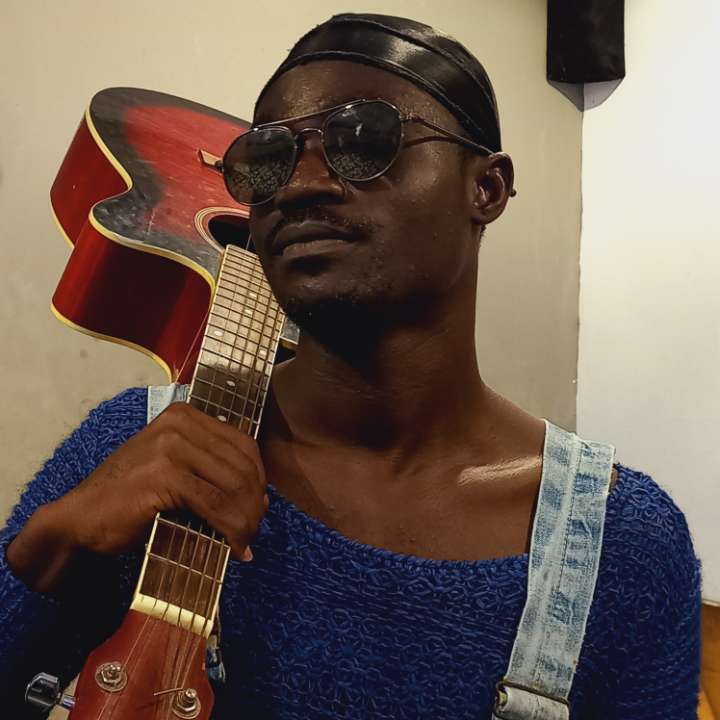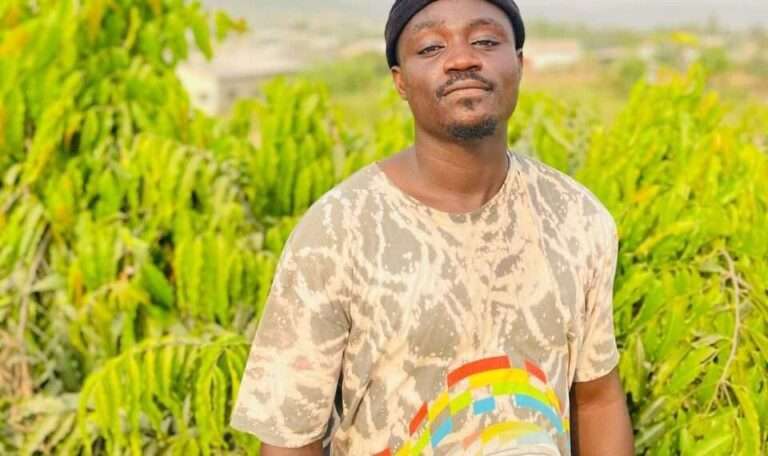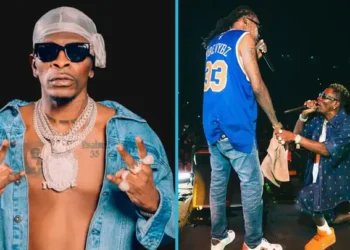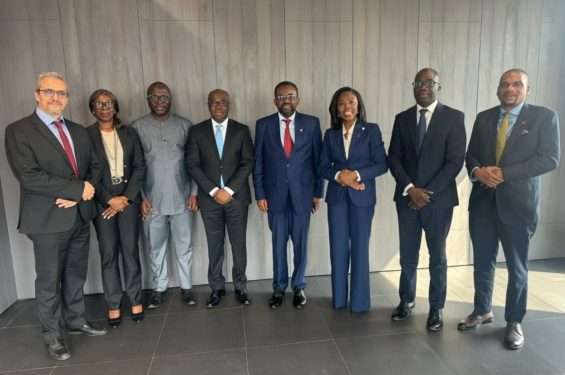In recent years, the conversation around mental health has gained traction globally, and Ghana is no exception.
Among the various sectors that have been affected by mental health issues, the creative industry stands out as particularly vulnerable.
Artists, musicians, writers, and other creatives often operate in high-pressure environments, facing unique challenges that can lead to mental health struggles.
Ghana boasts a rich cultural heritage reflected in its vibrant arts scene. From traditional crafts to contemporary visual arts, music, and literature, the creative sector is vital to the nation’s economy and identity.
However, the pressures associated with creating art, securing funding, meeting deadlines, and maintaining public visibility affect mental well-being.
In an exclusive interview with The Vaultz News, Ghanaian artist, Bismark Paapa Amponsah, popularly known as MIB in the entertainment industry, revealed that mental health awareness in Ghana’s creative industry has improved significantly in recent years, adding that there is still much work to be done.
“The conversation around mental health has gained momentum, with many artists and industry stakeholders speaking out about their struggles and advocating for better support. However, mental health resources and services remain limited, and stigma around mental illness persists.”
MIB
Many creatives in Ghana face economic challenges, including inconsistent income and limited access to funding. This financial strain leads to anxiety and stress, exacerbating mental health issues.
The desire to succeed and the pressure to produce high-quality work create immense stress. Creatives feel they must constantly innovate and outperform their previous work, leading to burnout.
Therapy provides a safe space for creatives to explore their feelings, manage stress, and develop coping strategies.
MIB mentioned that by providing a safe and confidential space for artists to discuss their challenges and emotions, therapy can help them develop healthier coping mechanisms and address underlying issues. “Regular therapy sessions can also help artists manage stress, build resilience, and improve their overall well-being,” he added.
Therapists equip creatives with tools to manage anxiety, depression, and stress, enabling them to navigate the pressures of their profession more effectively.
Many artists experience creative blocks, which is frustrating and disheartening. Therapy helps individuals explore underlying issues that are contributing to these blocks, facilitating a return to productivity.
Therapists assist creatives in establishing boundaries and finding a balance between their work and personal lives, which is crucial for mental well-being.
Need for Accessible Mental Health Services

While the benefits of therapy are clear, access to mental health services in Ghana remains a significant barrier.
MIB shared his thoughts on making mental health resources more accessible to artists and musicians, especially those who are financially challenged.
“They should offer free or low-cost therapy sessions and counseling services, provide online resources and support groups, partner with organizations that offer financial assistance for mental health services, and create a network of peer support groups and mentorship programs.”
MIB
The artist also disclosed that more public conversations can bring about a cultural shift.
“Yes, more public conversations like Diana Hamilton’s statement can lead to a broader cultural shift regarding mental health in the creative sector. By speaking openly and honestly about their struggles and experiences, artists and industry stakeholders can help reduce stigma, increase awareness, and promote a culture of support and understanding.”
MIB
Raising awareness about the importance of mental health and the benefits of therapy helps reduce stigma and encourage creatives to seek help.
Establishing peer support groups where creatives share their experiences and challenges fosters a sense of community and reduces feelings of isolation.
Arts organizations play a crucial role in promoting mental health awareness and providing resources for creatives, including workshops and access to therapists.
The mental health of creatives in Ghana is a pressing issue that requires immediate attention.
Recognizing the unique challenges they face and providing accessible mental health services, helps foster a healthier creative community.
Therapy is a powerful tool for creatives to navigate the complexities of their profession, ultimately leading to a more vibrant and sustainable arts scene in Ghana.
Emphasizing mental health support not only benefits the individuals involved but also enhances the richness of Ghana’s cultural landscape, allowing creativity to flourish in a healthier environment.
READ ALSO: EPA CEO Vows to Combat Ghana’s Plastic Waste Crisis





















